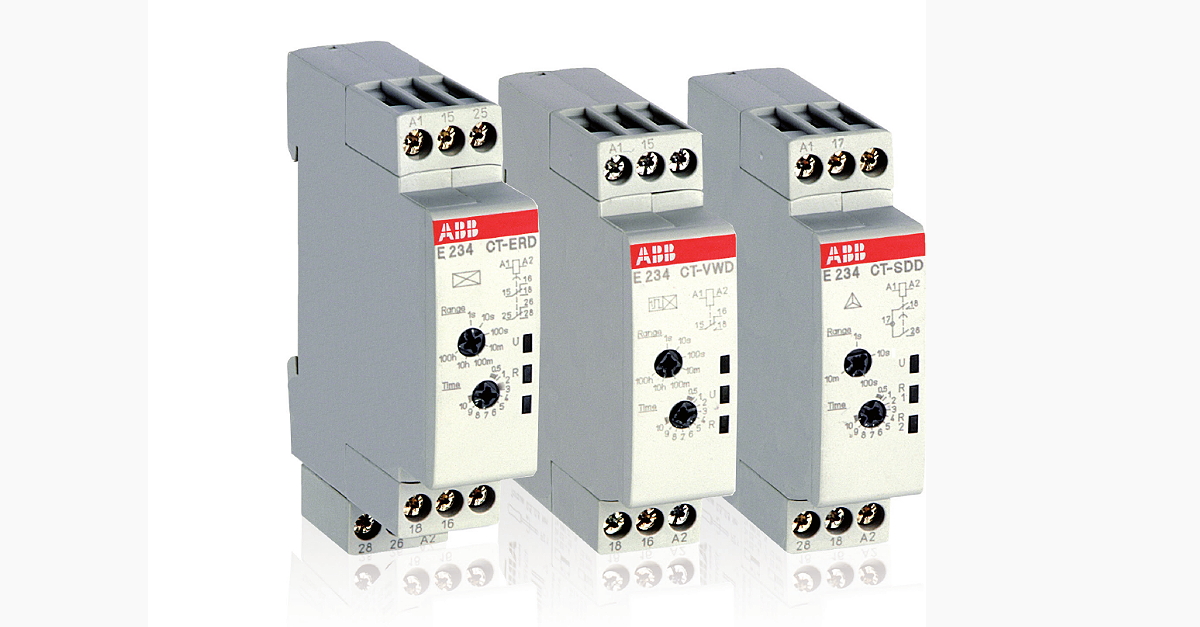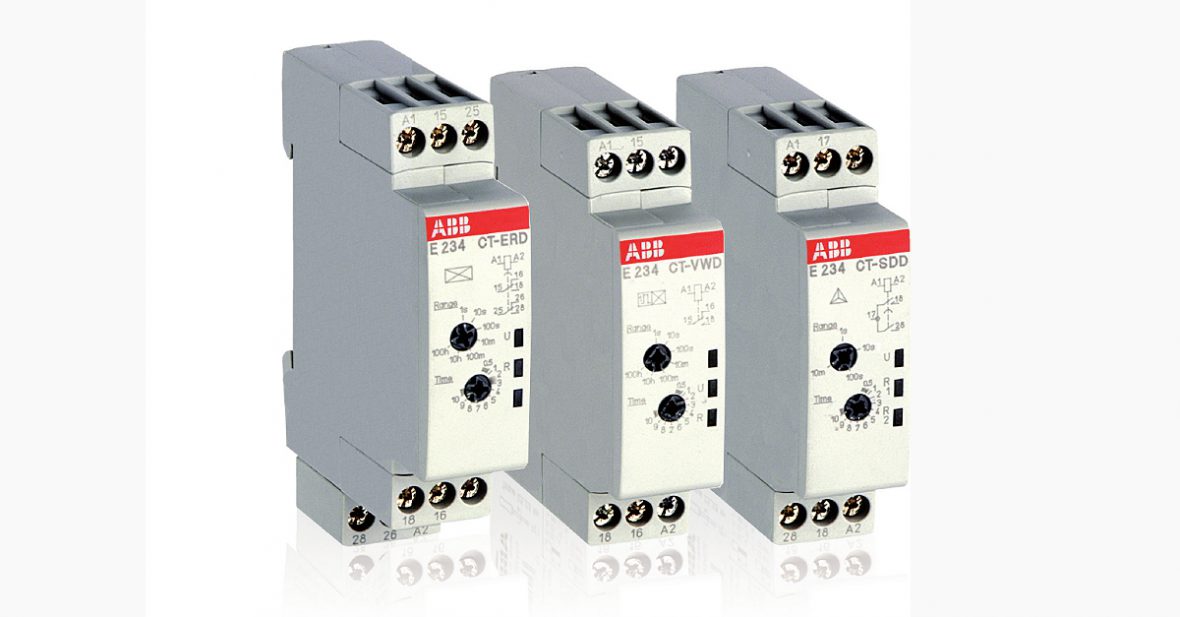Electronic Products Relays ABB Nigeria / SEND ENQUIRY / CALL : +234-09079021130, +234 -7086794551

Electronic Products Relays ABB Nigeria
ABB has the industry’s most comprehensive range of electronic timers, measuring and monitoring relays, interface relays and power supplies – helping customers source all their critical components from a single global supplier. Increase the reliability of process equipment with control devices that provide intelligent signals and smart adjustments that help you achieve maximum system availability.
Electronic Products Relays ABB Nigeria Transfers are switches that open and close circuits electromagnetically or electronically. Transfers control one electrical circuit by opening and shutting contacts in another circuit. As hand-off charts show, when a hand-off contact is ordinarily open (NO), there is an open contact when the hand-off isn’t empowered.
At the point when a transfer contact is Normally Closed (NC), there is a shut contact when the hand-off isn’t empowered. In one or the other case, applying electrical flow to the contacts will change their state.
EES GLOBAL SERVICES
Electronic Products Relays ABB Nigeria Transfers are commonly used to switch more modest flows in a control circuit and don’t typically control power burning-through gadgets aside from little engines and Solenoids that draw low amps. Regardless, transfers can “control” bigger voltages and amperes by having an enhancing impact in light of the fact that a little voltage applied to a transfers loop can bring about a huge voltage being exchanged by the contacts.
Defensive transfers can forestall gear harm by distinguishing electrical anomalies, including over current, inclination, over-burdens and opposite flows. Furthermore, transfers are likewise broadly used to switch beginning loops, warming components, pilot lights and perceptible cautions.
Transfers are either electro mechanical transfers or strong state transfers. In electro mechanical transfers (EMR), contacts are opened or shut by an attractive power. With strong state transfers (SSR), there are no contacts and exchanging is absolutely electronic. The choice to utilize electro mechanical or strong state transfers relies upon an application’s electrical necessities, cost limitations and future.
Albeit strong state transfers have become extremely famous, electro mechanical transfers stay normal. A considerable lot of the capacities performed by hard core gear need the exchanging abilities of electro mechanical transfers. Strong State Relays switche the current utilizing immobile electronic gadgets, for example, silicon controlled rectifiers.
These distinctions in the two kinds of transfers bring about favorable circumstances and hindrances with every framework. Since strong state transfers don’t need to either invigorate a loop or open contacts, less voltage is needed to “turn” Solid State Relays on or off. Additionally, Solid State Relays turn on and turn off quicker on the grounds that there are no actual parts to move.
Despite the fact that the nonattendance of contacts and moving parts implies that Solid State Relays are not liable to arcing and don’t wear out, contacts on electro mechanical Relays can be supplanted, though whole Solid State Relays must be supplanted when any part gets damaged.
Due to the development of Solid State Relays, there is lingering electrical obstruction as well as flow spillage whether switches are open and shut. The little voltage drops that are made are not generally an issue; nonetheless, electro mechanical Relays give a cleaner ON or OFF condition in view of the moderately huge distance between contacts, which goes about as a type of protection.

